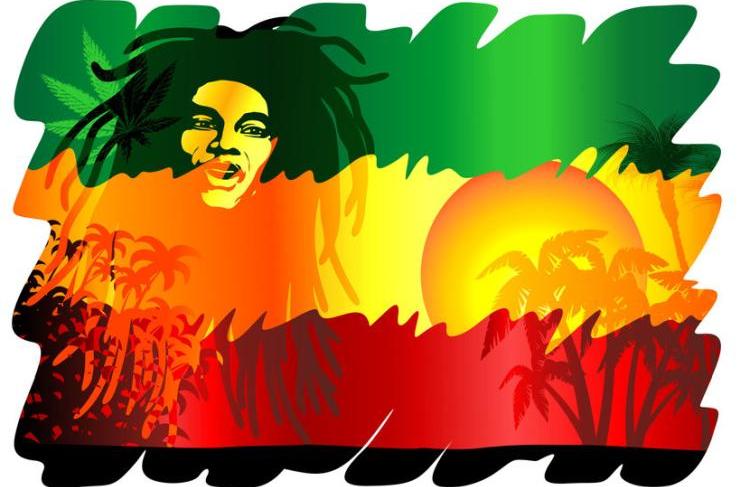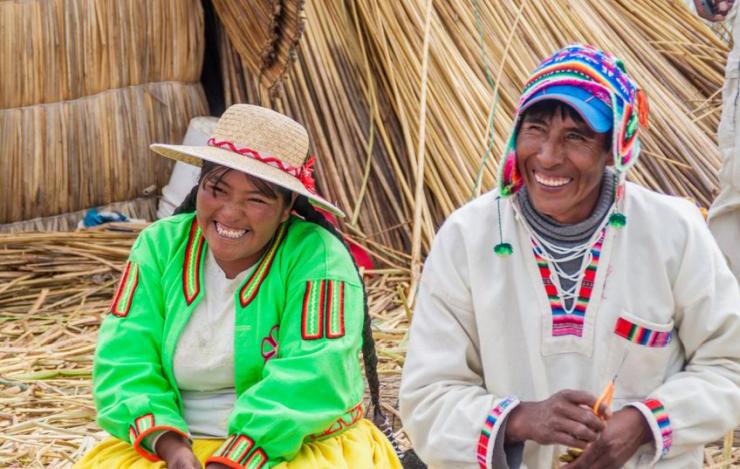Jamaica. The roots of reggae.

The mention of Jamaica immediately reminds us of reggae music and such figures as Bob Marley or Shaggy. This wonderful land, lost in the azure Caribbean has much more ancient musical roots that largely go back to the arrival there of African slaves. It is there that the rhythmic way of life which has always…
Read more




